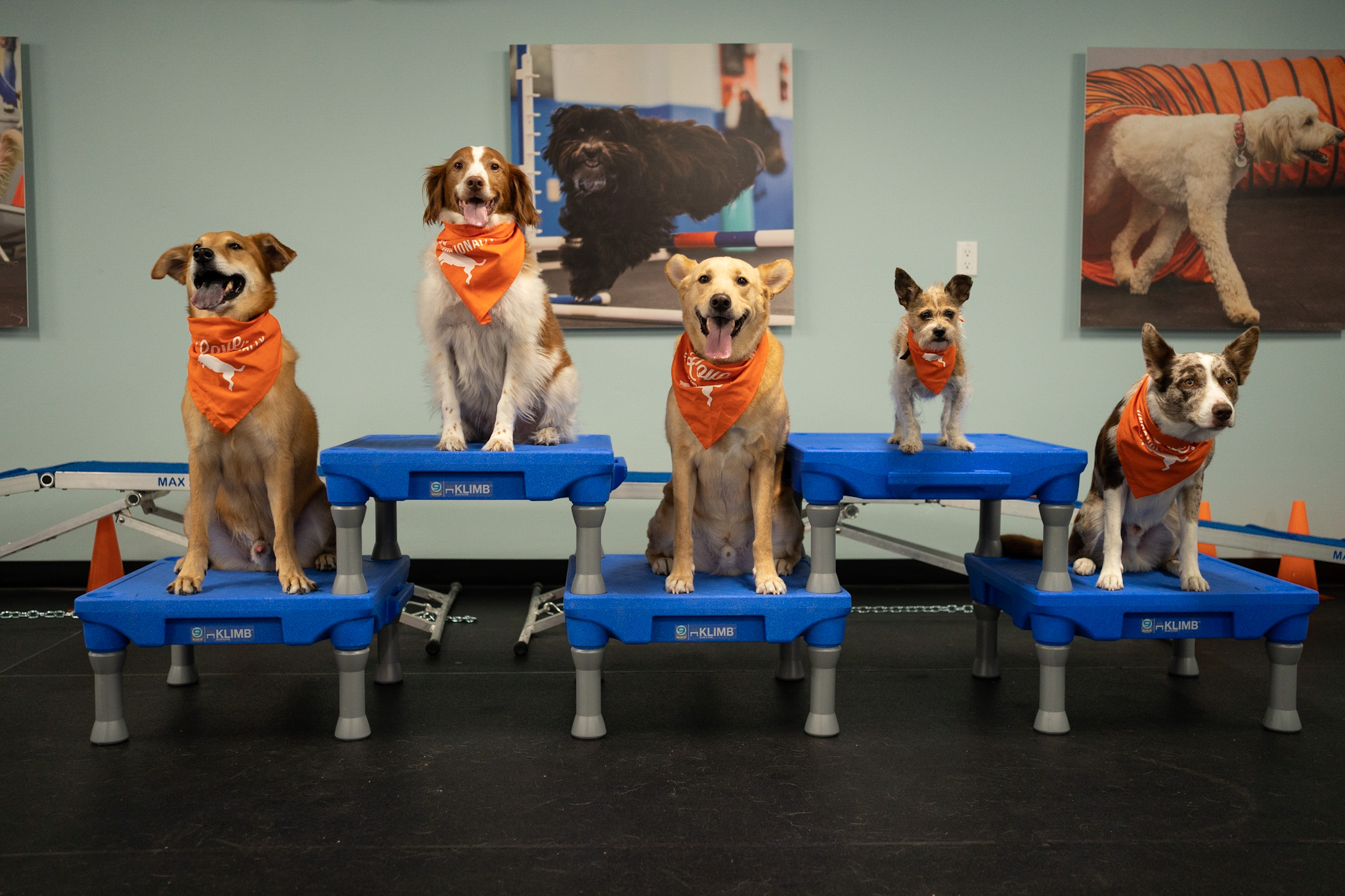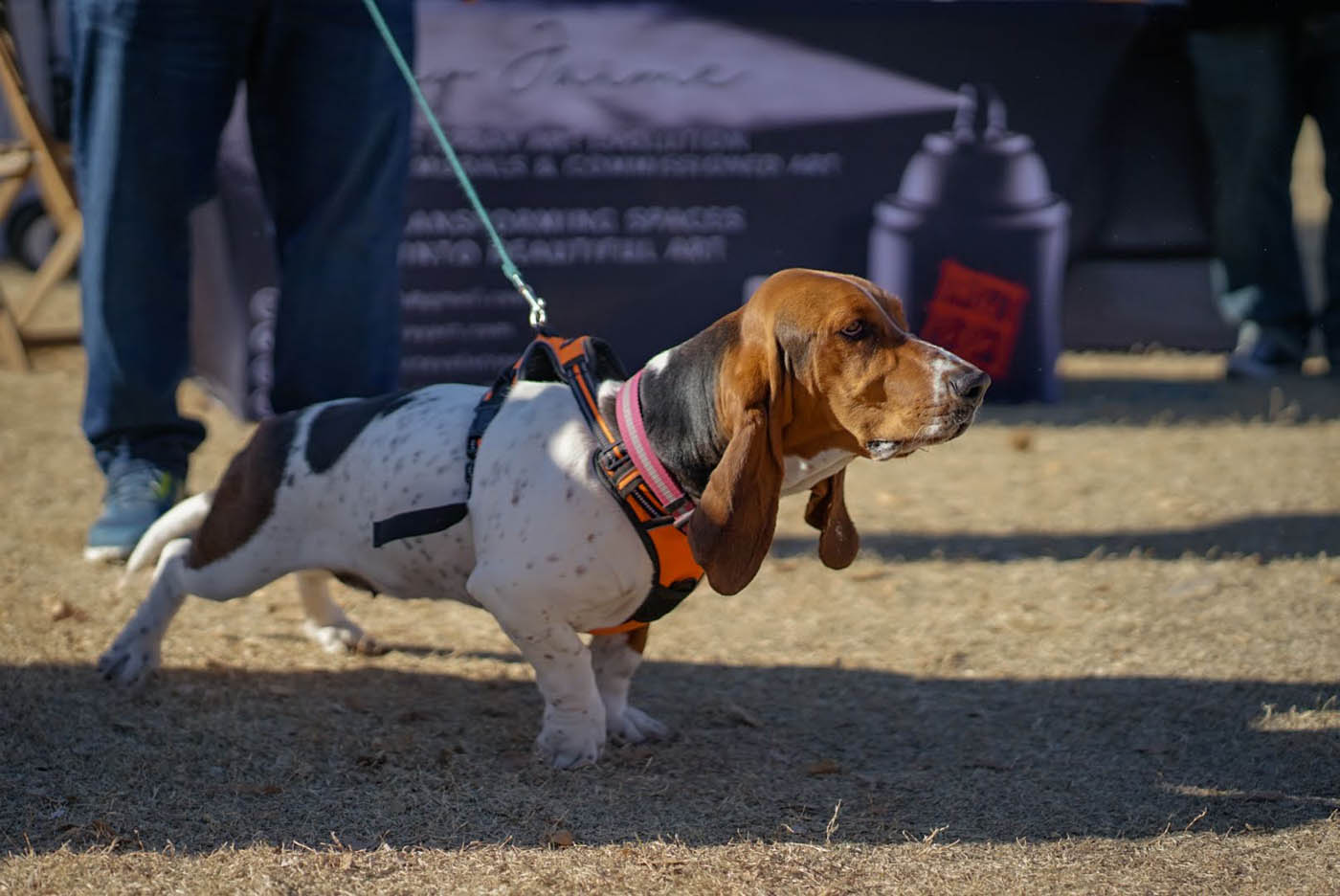Professional Insights on Dog Training Charlotte NC: Transform Your Puppy Today
Professional Insights on Dog Training Charlotte NC: Transform Your Puppy Today
Blog Article
Unlock Your Canine's Prospective: Proven Pet Dog Training Approaches for Success
Reliable pet training is a nuanced procedure that pivots on recognizing canine actions and utilizing clinically backed approaches. By incorporating positive reinforcement, establishing clear commands, and focusing on socialization, canine proprietors can grow an effective relationship with their pet dogs.
Understanding Dog Actions
Recognizing pet habits is necessary for efficient training and promoting a favorable connection between pet dogs and their owners. A detailed grasp of canine body language, articulations, and social interactions is essential for identifying their requirements and emotions. Dogs interact primarily with non-verbal hints; for instance, a wagging tail may indicate exhilaration, while pinned ears can indicate worry or submission.

Additionally, ecological variables play a significant duty fit a pet's actions. Changes in regular, brand-new environments, or the presence of unfamiliar individuals can lead to stress and anxiety or anxiety in canines. Recognizing these triggers enables owners to minimize damaging reactions and create ideal training methods.
Ultimately, a deep understanding of pet habits lays the structure for successful training approaches, enhancing both habits and the general bond between the canine and its proprietor. Dog training. This understanding is essential for promoting a well-adjusted, satisfied canine buddy
Favorable Reinforcement Strategies
Reliable training depends heavily on positive reinforcement strategies, which have actually been revealed to yield substantial cause shaping desired habits in canines. This approach includes rewarding a pet dog for showing specific actions, thus enhancing the chance that these habits will certainly be duplicated. Rewards can take different forms, including treats, praise, playthings, or play, depending on what motivates the private dog.

It is vital to gradually eliminate benefits as the canine discovers the behavior, transitioning to periodic support. This technique preserves the habits with time while avoiding reliance on continuous rewards. By concentrating on favorable reinforcement, fitness instructors can grow a trusting connection with their pet dogs, advertising a participating and healthy training atmosphere that boosts general obedience and efficiency.
Developing Regular Commands
An essential aspect of effective pet training is the establishment of constant commands. Consistency in commands is critical for reliable communication between the fitness instructor and the pet. When commands are consistent, pets discover to link particular words with desired habits, which accelerates the training process and enhances understanding.
To develop constant commands, it is essential that all family members make use of the same terminology and motions. For instance, if a single person utilizes "sit" while another says "rest down," it can develop confusion for the pet dog. Select clear, distinctive words for commands and make certain everybody associated with the canine's training complies with these options.
Furthermore, rep is key. Reinforce commands through regular technique, making sure that the pet obtains adequate chances to respond appropriately. When a dog efficiently complies with a command, immediate positive reinforcement needs to follow. This might be in the form of treats, praise, or play, solidifying the link between the activity and the command.
Last but not least, be person. Establishing consistent commands takes some time and initiative. With commitment and clearness, you will assist your dog establish a strong understanding of assumptions, ultimately leading to a mannerly companion.
Socialization and Direct Exposure
Interacting socially a canine is essential for promoting a well-adjusted and confident buddy. This process includes revealing your canine to a variety of settings, individuals, and various other pets to develop their social skills and adaptability. Early socializing, preferably between the ages of three to fourteen weeks, is essential, as it lays the groundwork for a canine's future actions.
During socialization, objective to provide favorable experiences in different setups, such as parks, busy streets, and homes with other pets. Present your canine to various stimulations, including audios, sights, and scents, ensuring that each encounter is gratifying. This exposure helps reduce fear and anxiety, leading the way for a more durable pet.
Engaging in regulated group play you can try these out sessions with various other pets can additionally enhance social skills, showing your family pet ideal interactions and boundaries. Constantly check your pet's convenience degree throughout these experiences, progressively increasing exposure as their self-confidence grows. Keep in mind, the goal is to develop a well-rounded family pet that thrives in varied situations, promoting a harmonious connection with both people and various other pets. Focusing on socializing will substantially contribute to your dog's general happiness and actions throughout their life.
Conquering Common Educating Challenges

An additional frequent concern is diversion. Canines may have a hard time to focus in busy or strange settings. Gradually desensitize your canine to diversions by starting training in a silent setting and slowly introducing even more stimuli as they become proficient (dog training near me). Positive reinforcement methods, such as deals with and praise, can preserve inspiration and focus.
In addition, behavioral issues like leaping or excessive barking can come to be discouraging. Address these by teaching different behaviors, such as sitting calmly when welcoming visitors. Uniformity and patience are important; enhance wanted actions constantly and prevent abuse, which can result in complication.
Last but not least, acknowledge that each pet dog is distinct, and training timelines might vary. Tailor your technique to your canine's private requirements, and look for expert advice if essential. With additional reading determination and the best methods, conquering these challenges can bring about a trained, pleased canine buddy.
Verdict
To conclude, unlocking a canine's prospective demands a thorough technique that integrates an understanding of canine habits, the application of favorable reinforcement methods, and the facility of consistent commands. Early socializing and exposure to varied atmospheres additionally improve a dog's adaptability and confidence. By dealing with typical training challenges with tailored techniques and perseverance, a participating and harmonious connection in between pet and handler can be promoted, eventually resulting in a mannerly companion efficient in thriving in different circumstances.
Efficient dog training is a nuanced procedure that hinges on understanding canine actions and employing clinically backed techniques.Comprehending canine actions is necessary for efficient training and promoting a favorable relationship in between dogs and their owners.Effective training counts greatly on favorable reinforcement techniques, which have actually been revealed to yield considerable outcomes in forming preferred habits in pet dogs. m dog training lead When commands are uniform, canines find out to connect details words with desired habits, which accelerates the training procedure and boosts understanding.
In final thought, opening a canine's prospective requires a detailed technique that includes an understanding of canine actions, the application of positive support methods, and the facility of constant commands.
Report this page